The fact that it has not yet been decided what responsibility an EU member state is to bear for migrants once an asylum application has been assessed could also place additional burdens on Hungary. Under the current compromise, it seems that Greece's responsibility for an applicant who entered Greece and then moved on to wait in Serbia would cease after nine months.
Migrant quotas reloaded
It is important to stress that in addition to the creation of migrant camps, there would be a distribution mechanism between member states, i.e. Brussels would also be able to settle migrants in Hungary in addition to those arriving at the southern border.
Based on the pact's so-called solidarity pillar, a proposal was made to relocate 30,000 migrants per year within the EU, which could be opted out of by instead paying 20,000 euros per person. This could mean an income of six hundred million euros for the Union. It is also worth highlighting that these are only the initial numbers, the European Commission has indicated that it will propose higher target numbers, as the quota can be expanded without limit. Bloc members can therefore "freely" decide whether to accept migrants or pay the above 20,000-euro-per-person price.
These two measures can be opted out of in other ways, as well, for example, by helping another member state to develop the infrastructure for asylum seekers, but this can only be done with the consent of the given member state.
A coup-like move in Brussels
In the radio interview on Friday, the premier called the inclusion of the issue on the agenda a coup-like action, recalling that EU organisations and member states have agreed on several occasions that since this issue divides the community, arriving at a common position is necessary. Despite this, "those who are on the side of migration have pushed through the proposal to set up a migrant quota system at the Council of Interior Ministers", PM Orban stressed. In his opinion, the decision is based on a change of guard at the helm of the Soros empire. As is known, in recent weeks George Soros has publicly announced that he is stepping down from the management of his foundations and is handing the baton over to his son Alexander Soros. The PM recalled that Alexander Soros had also announced that he would be much more active in politics than his predecessor.
In Friday's radio interview, the PM commented on the issue of quotas and nicely-sounding capacities - actually migrant camps - by saying that Brussels adopted rules "which require Hungary to receive at least 10,000 migrants per year, a number that could easily climb multiples higher at the whim of the Commission. In addition, they want to oblige us to build migrant ghettos in Hungary."
Mr Orban recalled that he has been fighting against quota and migrant resettlement plans for eight years, and so far, he has been able to block the imposition of mandatory quotas on Hungary and EU member states. "This situation, which could be described as a state of calm, has now changed, as they have made a move in a coup-like manner and have adopted decisions which will take our country away from us. I repeat once again, they want to make it mandatory for us to build camps, migrant ghettos for tens of thousands of migrants," the prime minister emphasized.
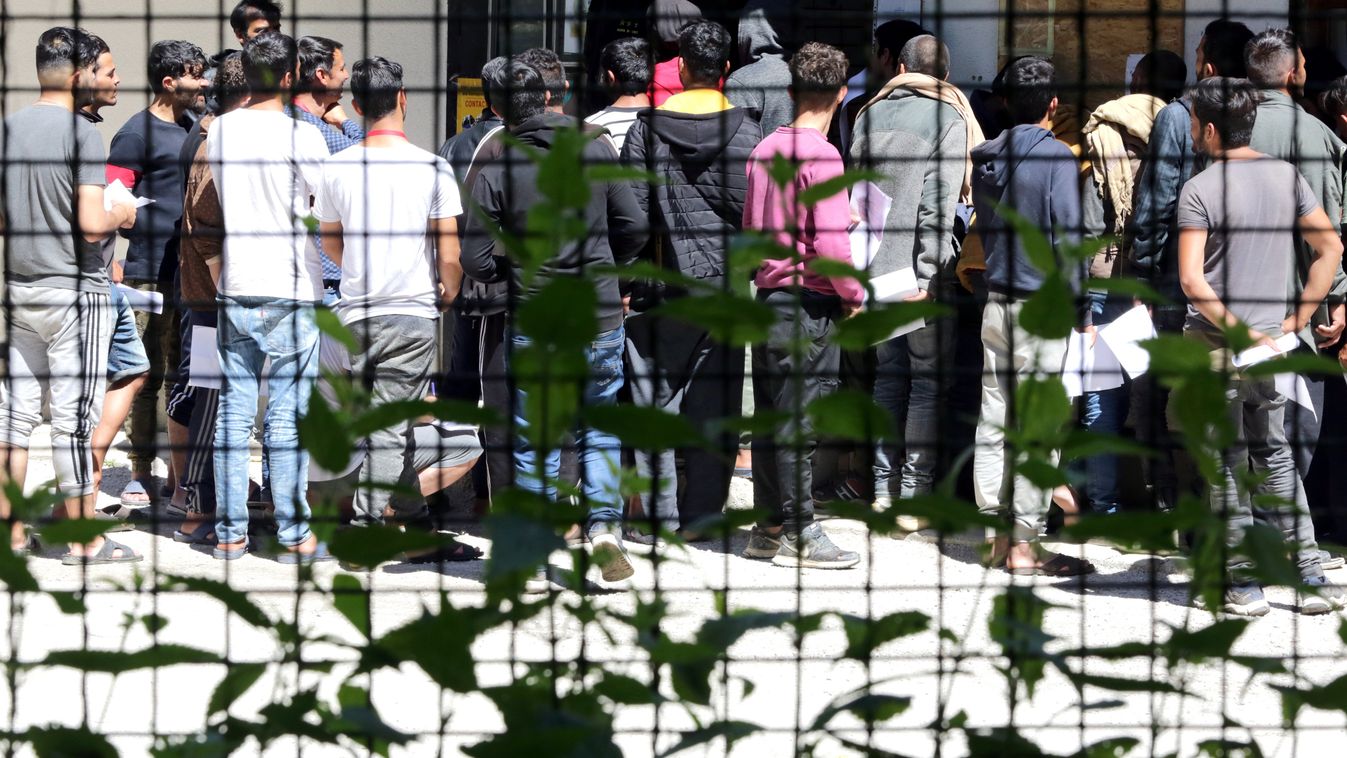

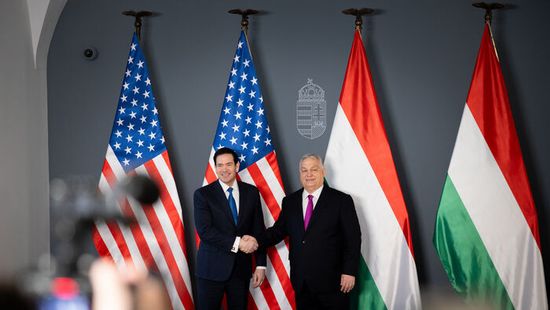
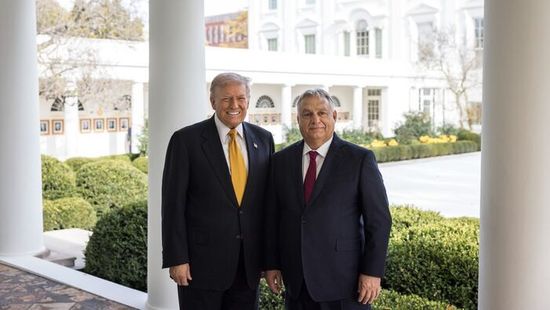
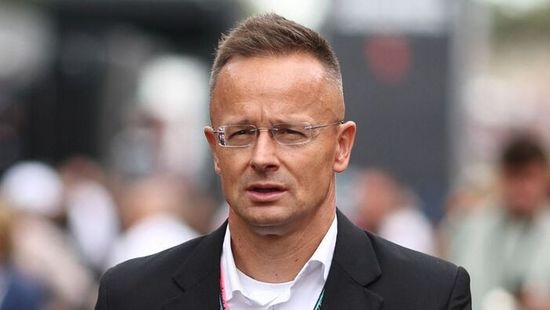

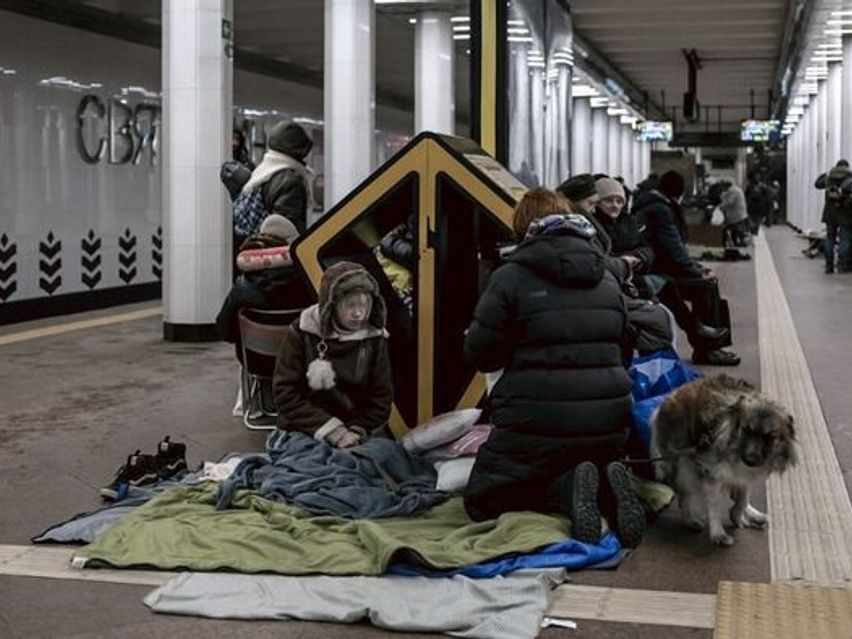
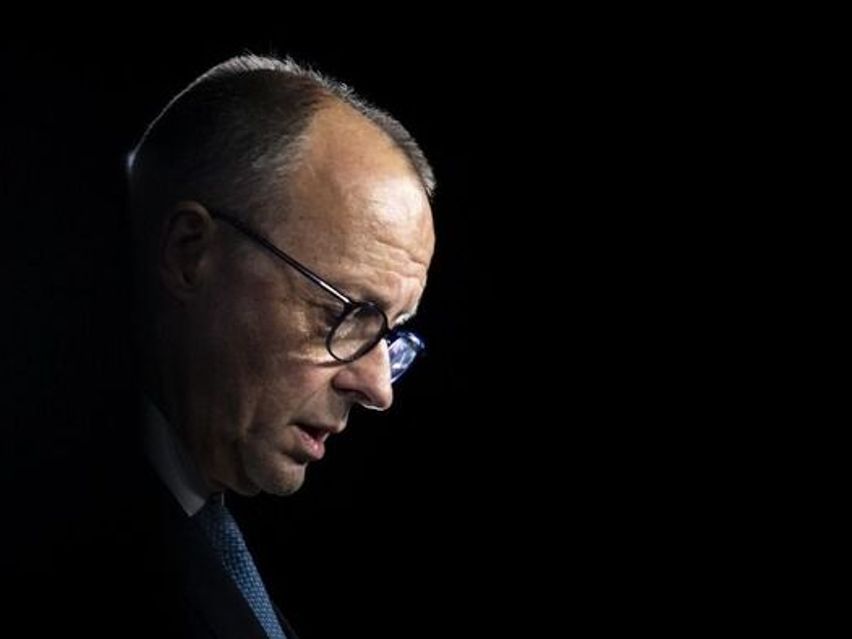
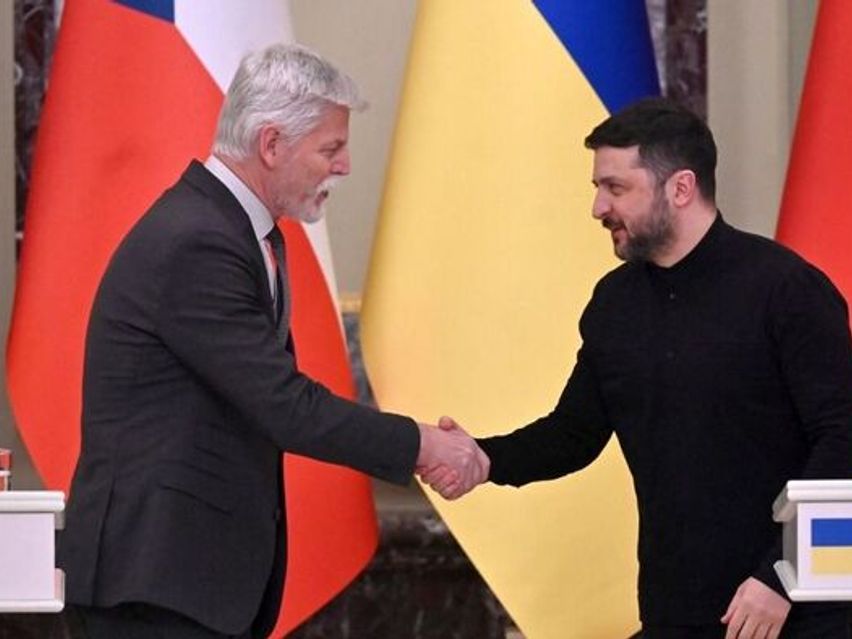
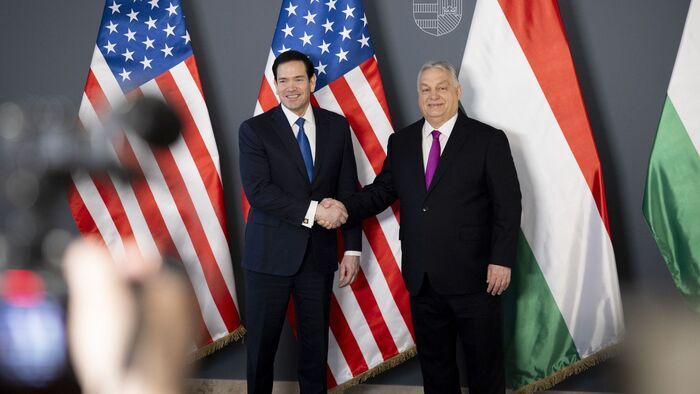

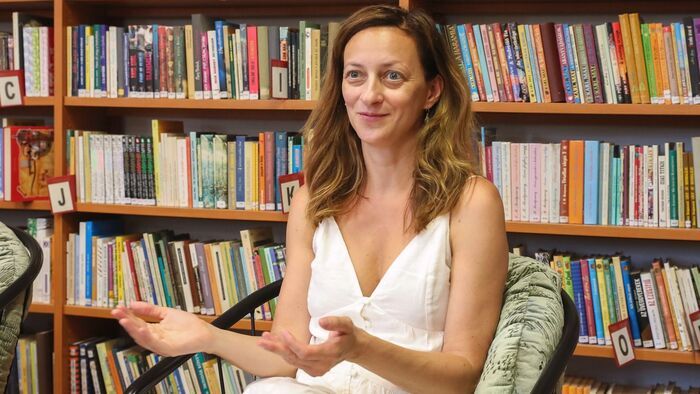
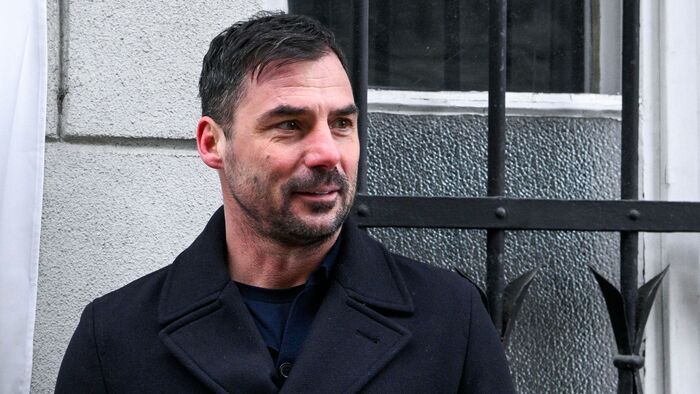
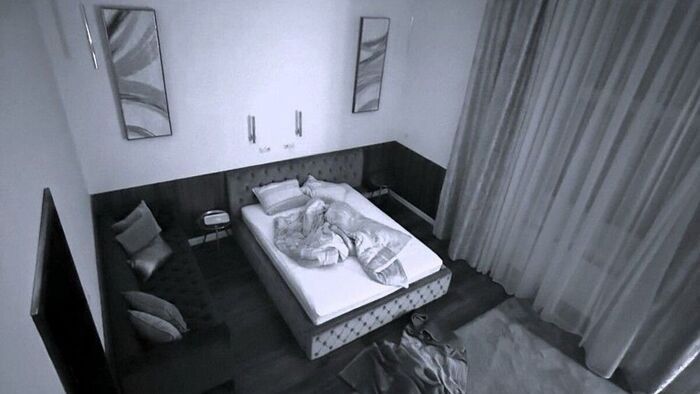
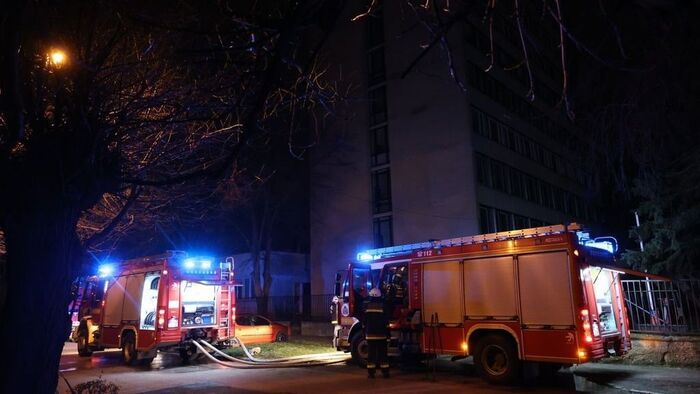
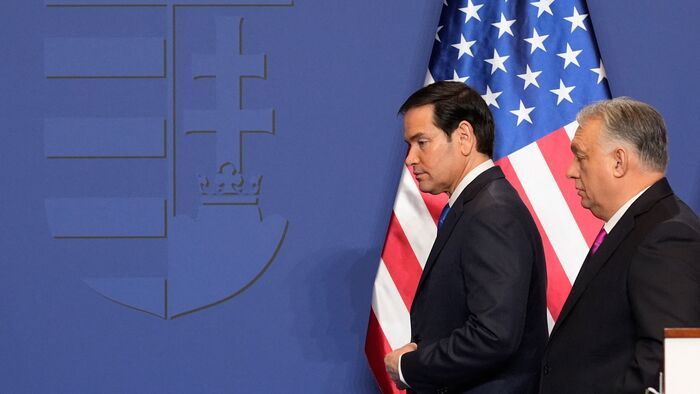
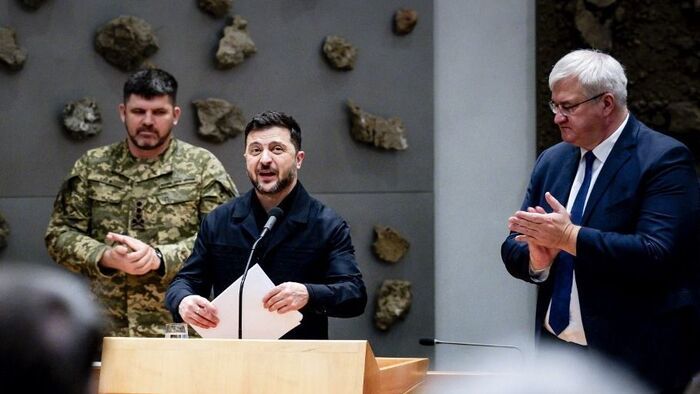
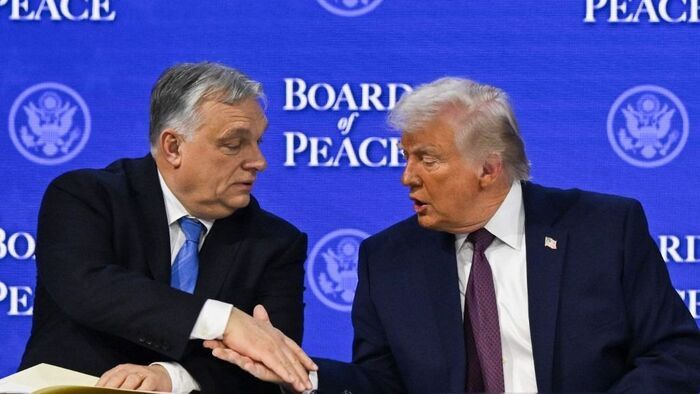





Szóljon hozzá!
Jelenleg csak a hozzászólások egy kis részét látja. Hozzászóláshoz és a további kommentek megtekintéséhez lépjen be, vagy regisztráljon!